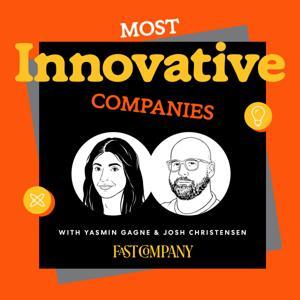On today’s episode, Donald Trump has been sworn in as president once again and almost immediately began enacting his agenda. Hosts Yasmin Gagne and Josh Christensen break down the president's executive orders and policy promises relating to the economy, the tech industry, labor and climate
Then, the fires in Los Angeles are still burning. ‘Los Angeles Times’ climate columnist Sammy Roth unpacks the fallout from this disaster and the role climate change has played.
Finally, The TikTok ban went into effect over the weekend for a grand total of 12 hours. For now, the app remains operational in the U.S. after former President Biden declared he wouldn’t enforce the ban and President Trump signed an executive order on Monday pausing the ban for 75 days. But, what comes next for TikTok and the creators who lobbied for it to be saved? ‘Fast Company’ executive editor Maia McCann and senior staff editor Max Ufberg help explain the state of TikTok. But, what comes next for TikTok and the creators who lobbied for it to be saved? ‘Fast Company’ executive digital director Maia McCann and senior staff editor Max Ufberg try to explain the state of TikTok.
For more of the latest news coming out of the Trump administration, and in the world of business, go to https://www.fastcompany.com/news
For more on the Los Angeles Fires and Sammy Roth’s writing on climate change, you can find his newsletter, Boiling Point, here and subscribe to his podcast of the same name here
Be sure to subscribe, rate and review Most Innovative Companies on your podcast app of choice. You can also find more Most Innovative Companies podcast content on Fast Company’s YouTube channel along with more videos on business news, tech, design and work life.



























